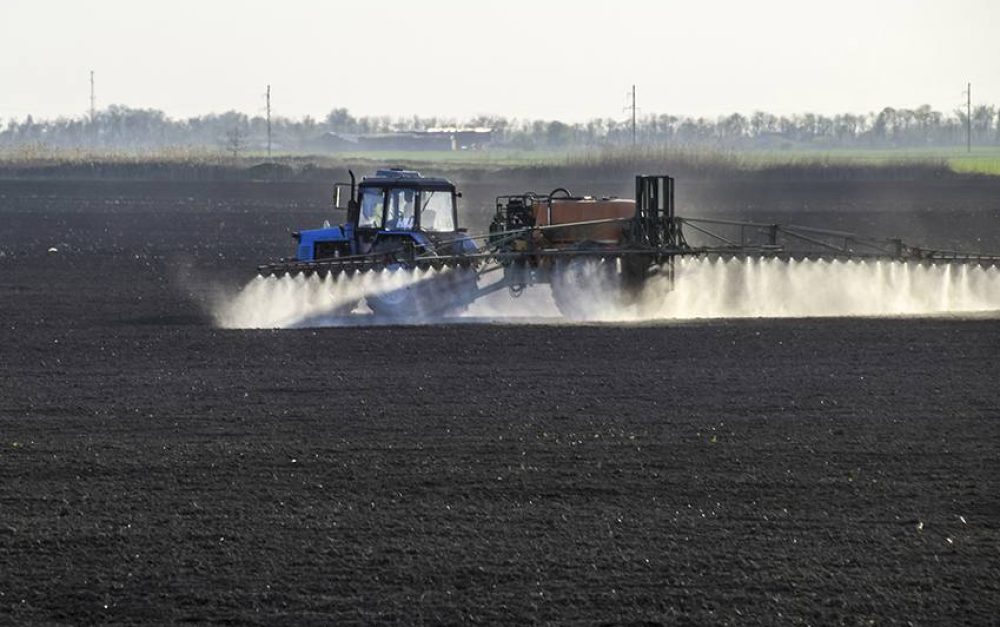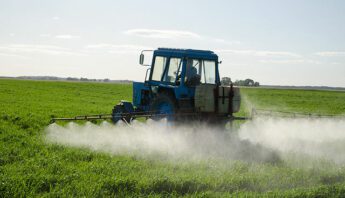Farmers across Iowa are bracing for another year of intense drift, thanks to an increase in use of the herbicide dicamba and other volatile chemicals across the state. For many Iowa farmers — especially vegetable, non-GMO, and organic producers — a single incident of pesticides drifting onto their farm can result in the loss of income for an entire year.
Farmers across Iowa are bracing for another year of intense drift, thanks to an increase in use of the herbicide dicamba and other volatile chemicals across the state. For many Iowa farmers — especially vegetable, non-GMO, and organic producers — a single incident of pesticides drifting onto their farm can result in the loss of income for an entire year.
But there are a few common-sense steps the legislature can take to help farmers prevent and respond to pesticide drift in Iowa: increased fines for label violations and improvement to the Department of Agriculture and Land Stewardship (IDALS) website, including online reporting.
Insufficient fines
A state audit from 2012 recommended an update to the state’s extremely low fines for label violations. But despite the auditor’s report and many requests from farmer organizations, IDALS has failed to take any action to update these fines.
Not all cases of pesticide drift are caused by violations of a pesticide label, but in cases where an applicator did not follow the label, it is important that the rules are adequately enforced. The maximum fine of $500 for a violation of the Pesticide Act of Iowa does not represent an adequate deterrent for an applicator to seriously consider the effects spray drift has on a sensitive crop.
A recent article from Iowa Watch reported that Nebraska’s Pesticide Act issues a $15,000 maximum civil fine per incident, and Illinois’ Pesticide Act includes a point system to issue fines between $750 and $10,000 depending on the details of the incident. Iowa does currently have a point system for drift fines, but if fine amounts were raised to the levels that Nebraska’s and Illinois’ systems employ, the system would be a lot more effective.
Outdated reporting
Likewise, the current system for reporting drift is complicated, so much so that some farmers say they just give up on both reporting and seeking compensation for their losses. The IDALs website is in serious need of an update, as farmers report having a hard time finding resources when they experience drift or accidental exposure.
An online reporting system could help farmers report pesticide drift in a more timely manner — and would also help the Pesticide Bureau respond more promptly to the increased number of drift cases since the introduction of dicamba for use on soybeans in 2017. Iowa saw 100 cases in 2016, and that number has increased to over 230 cases per year since.
It is far past time for IDALS to update these outdated and ineffective pesticide policies. You can take action by telling your legislators to stand up for farmers, and make protecting Iowa farms from drift a priority.







